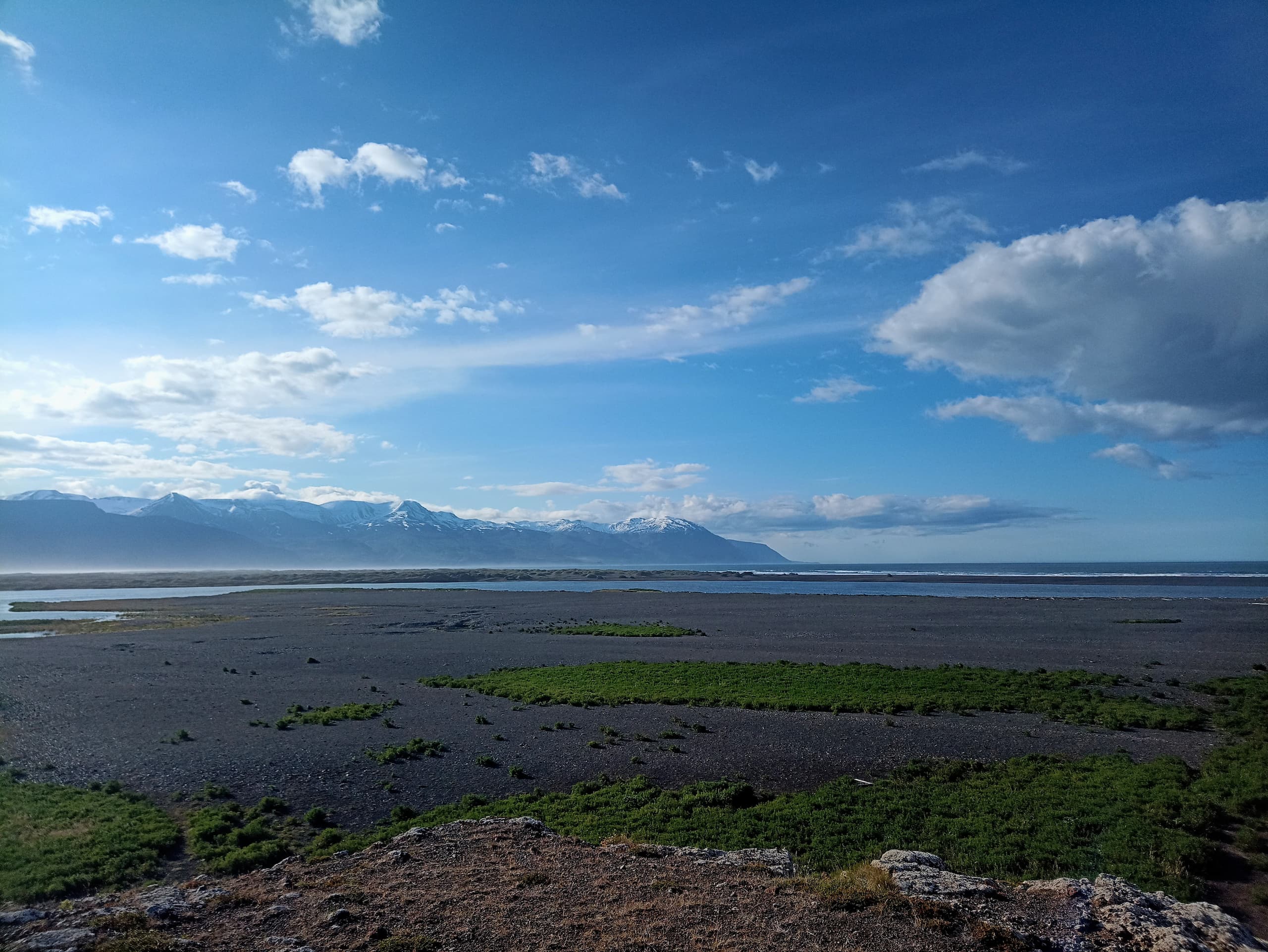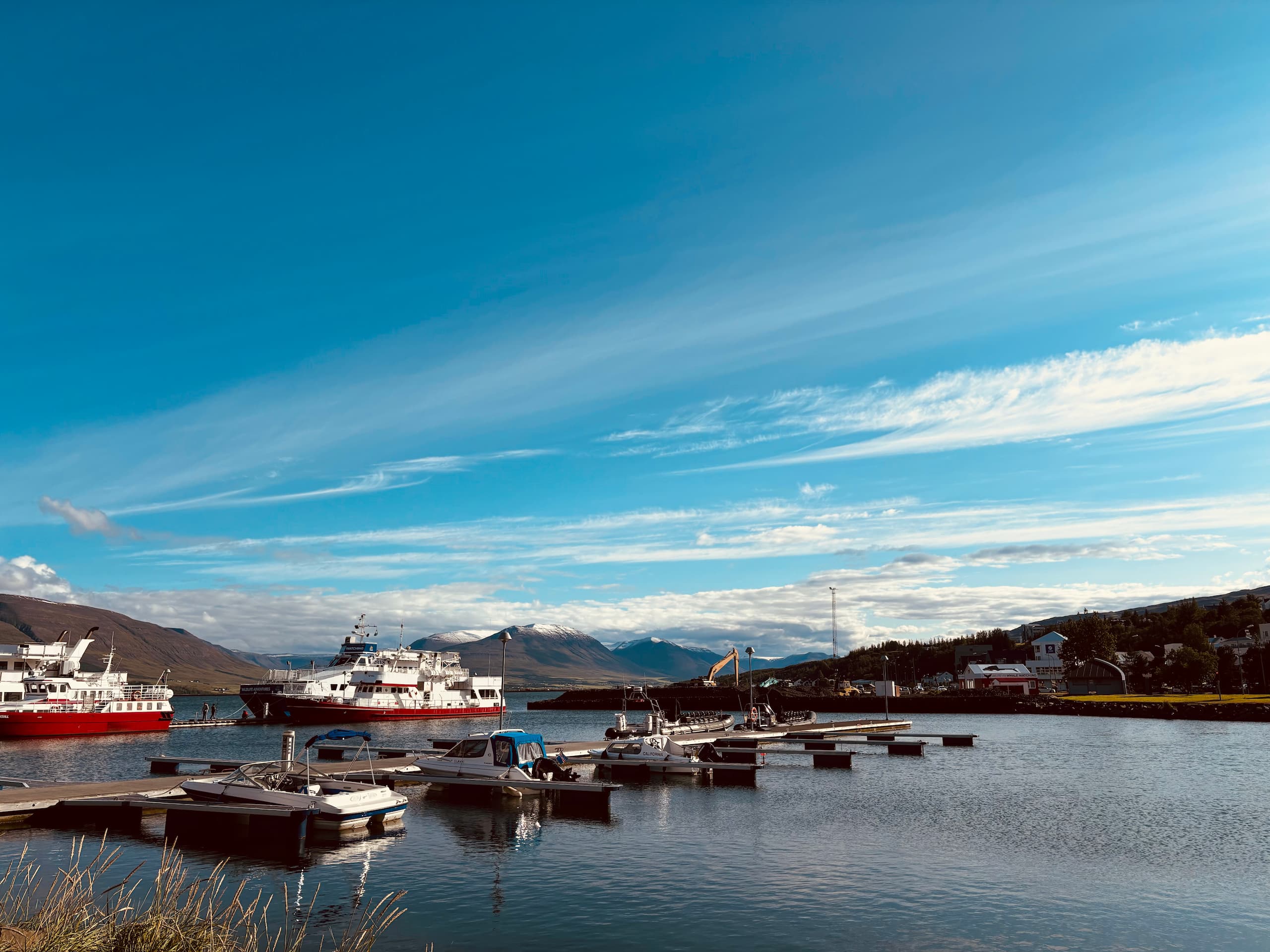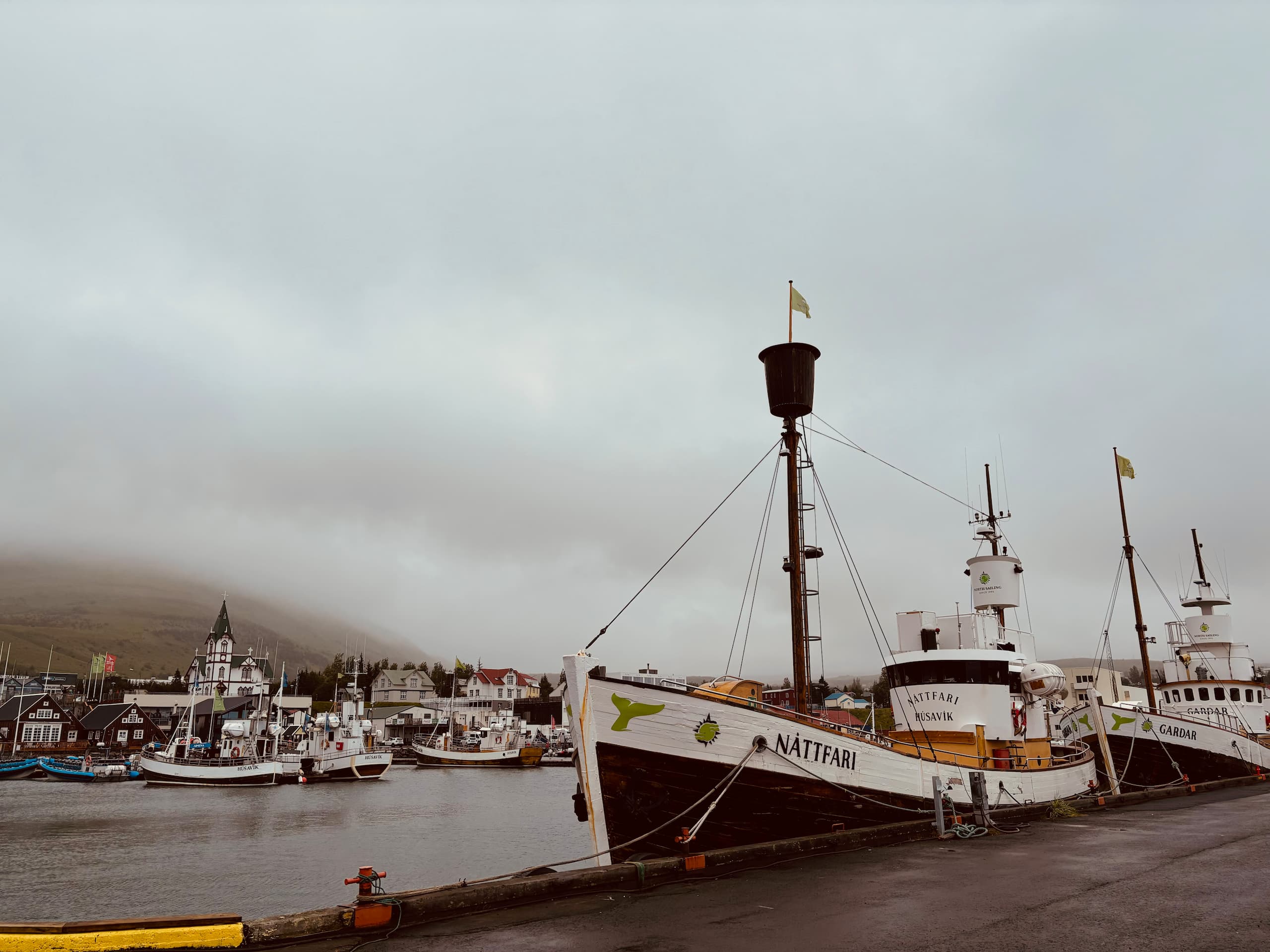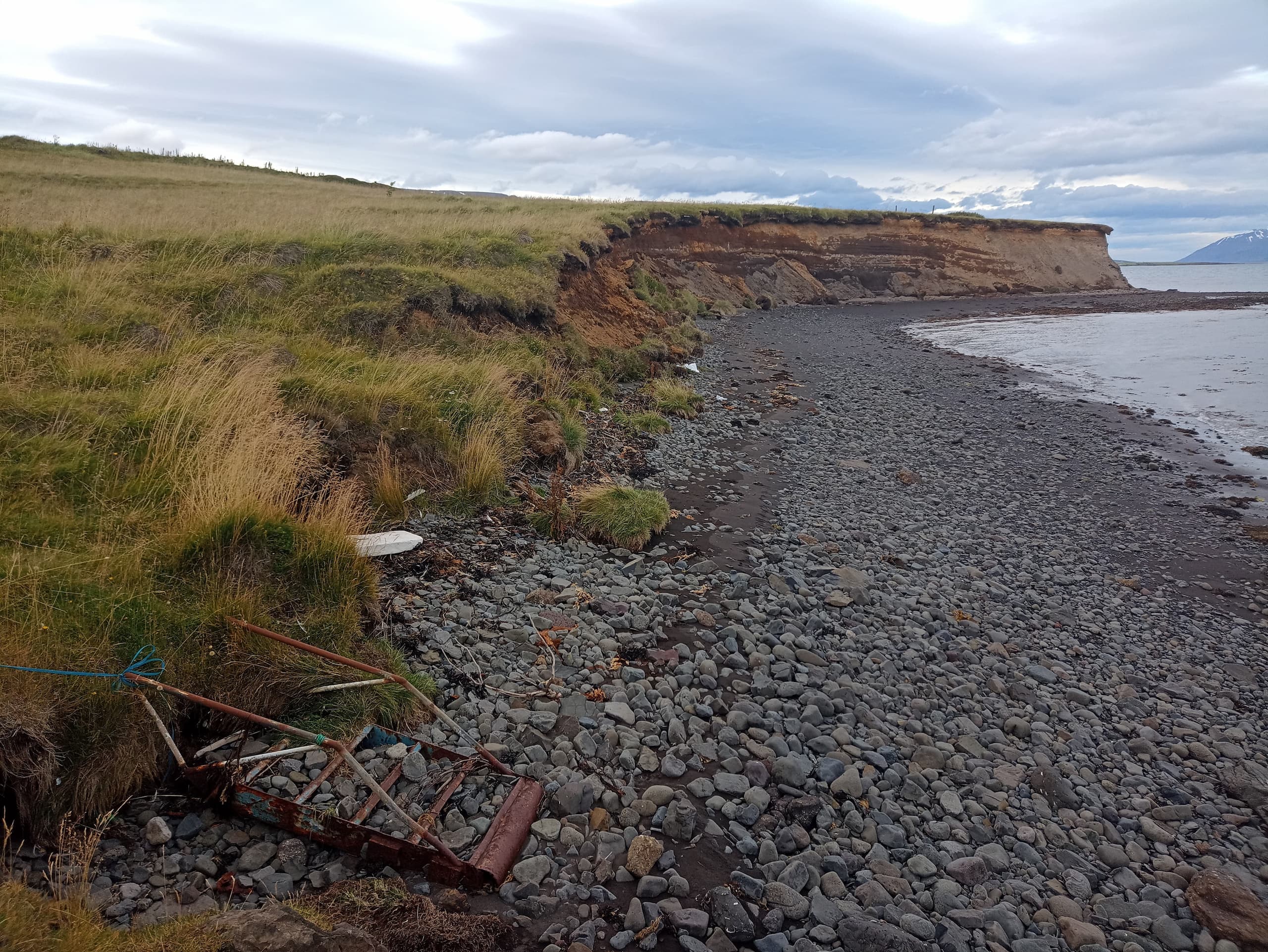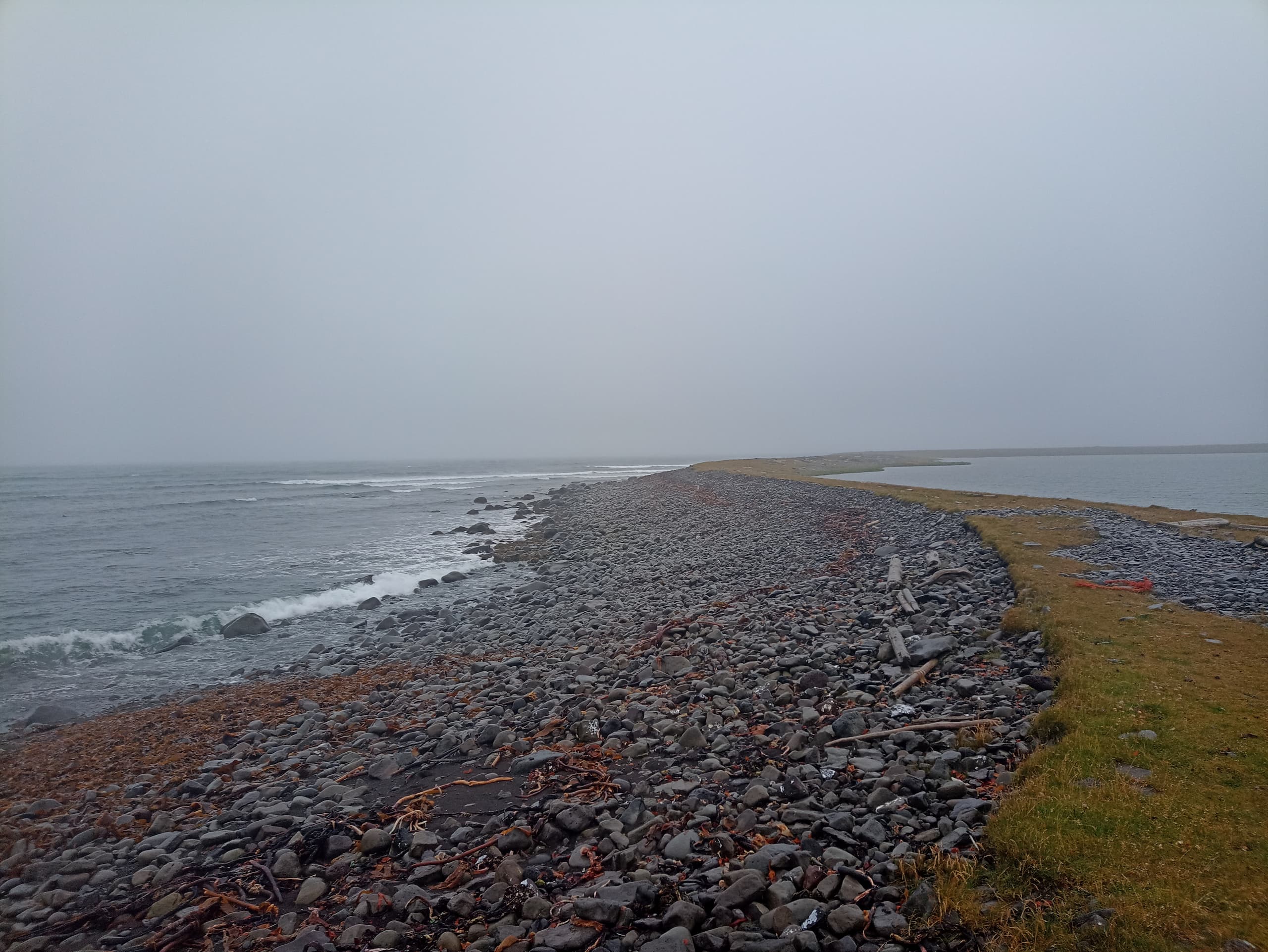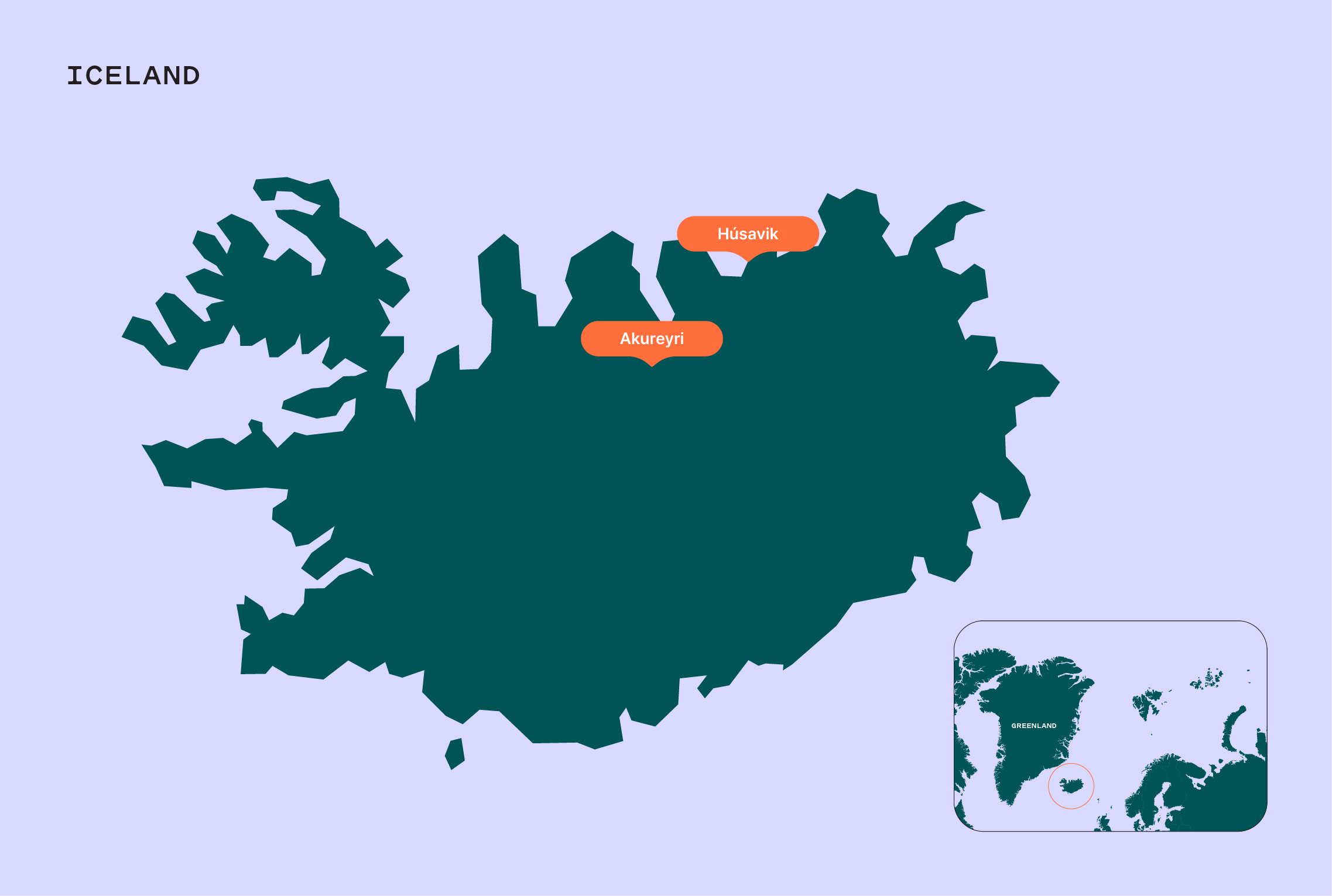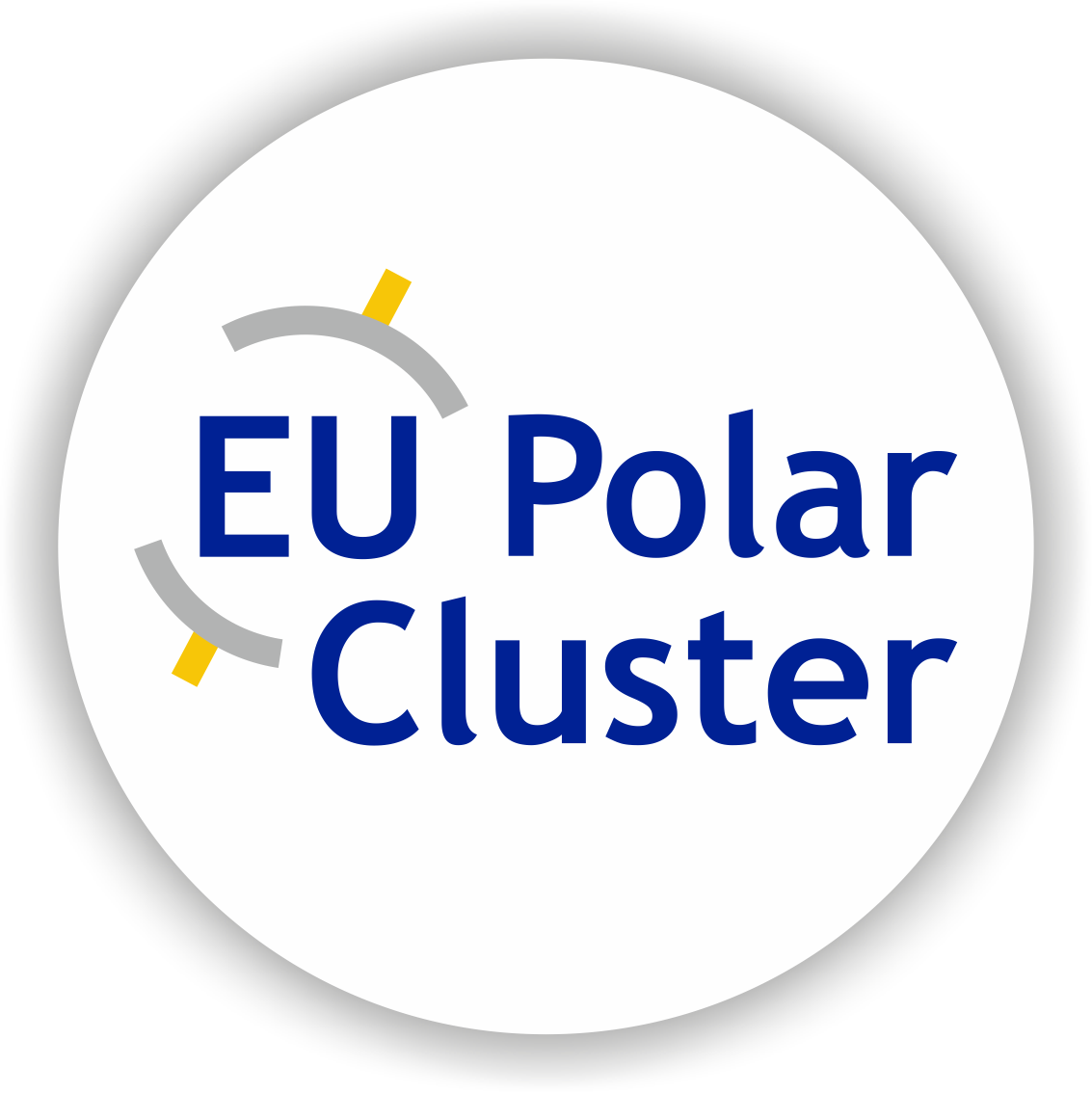Why do we study pollution in Iceland?
Both climate change and intensified human activities cause increasing environmental pressures in Iceland, particularly in its coastal areas.
With the influx of pollutants into the fjord systems due to expanding maritime traffic—including fishing vessels, whale-watching boats, and especially cruise ships—Iceland’s coastal and marine ecosystems are under significant challenge.
Another trend is the ‘Atlantification’ of the Arctic Ocean. This means that the characteristics of the Atlantic are now also to be seen in the Arctic Ocean. For example, some species that previously lived near Iceland are moving northwards.
ICEBERG’s goal is to understand how these changes are affecting ecosystem health and communities—socially, economically, and environmentally.

